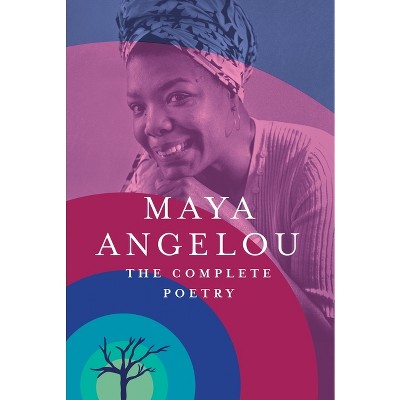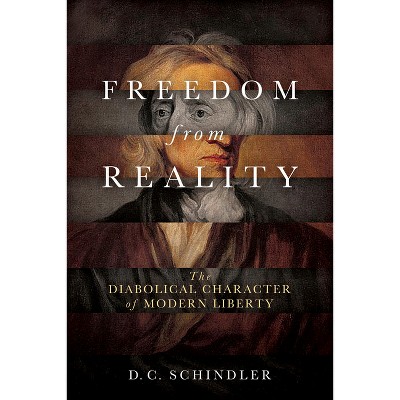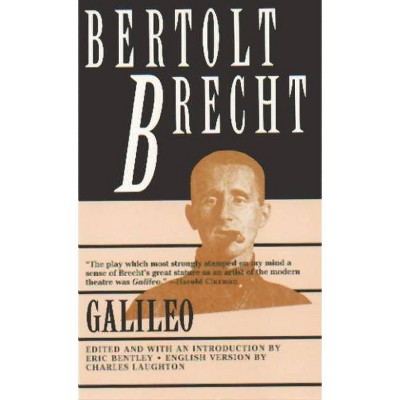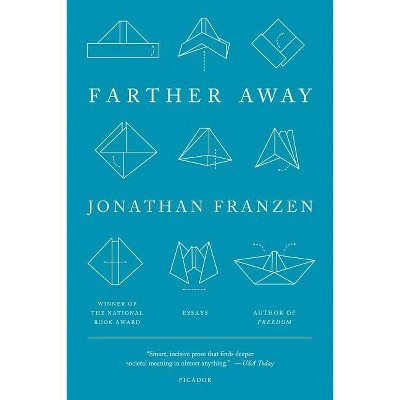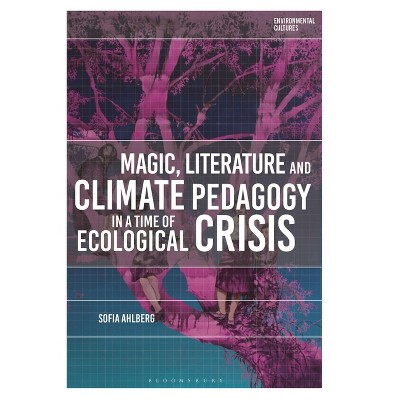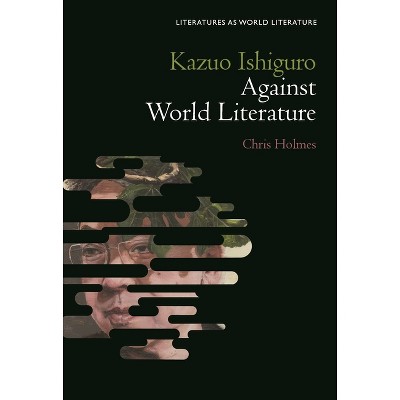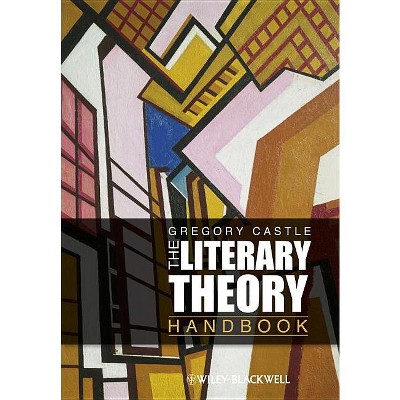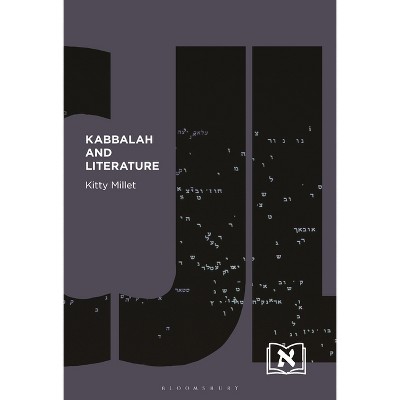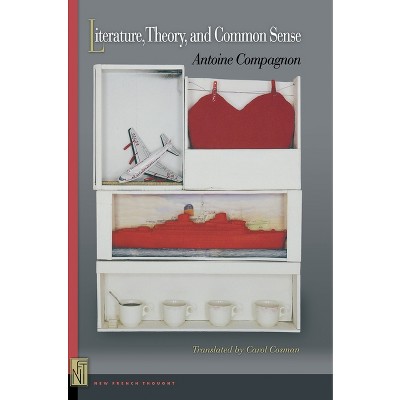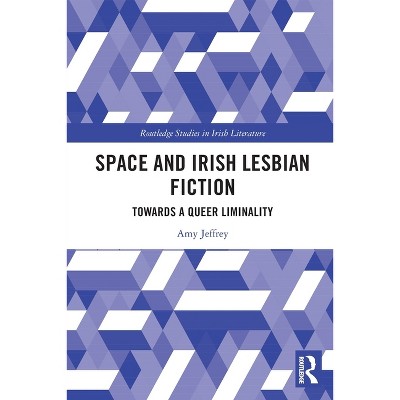Sponsored

Theory as World Literature - (Literatures as World Literature) by Jeffrey R Di Leo & Thomas Oliver Beebee (Hardcover)
$130.99
In Stock
Eligible for registries and wish lists
Sponsored
About this item
Highlights
- The first collection to consider what it means for theory to be considered as a species of world literature - and vice versa.
- About the Author: Jeffrey R. Di Leo is Professor of English and Philosophy at the University of Houston-Victoria, USA.
- 296 Pages
- Literary Criticism, Comparative Literature
- Series Name: Literatures as World Literature
Description
About the Book
"What does it mean for theory to be considered as a species of not just "literature" but "world" literature? These essays offer accounts of how the "worlding" of literature both problematizes the national categorizing of theory (e.g., French theory) and brings new meanings and challenges to the coming together of theory and literature. In sum, they offer Theory as World Literature as a viable alternative to more commonplace approaches to theory. By approaching theory from a perspective more attuned toward the complexity and precarity of the world, this volume acknowledges that theory is more worldly now than ever"--Book Synopsis
The first collection to consider what it means for theory to be considered as a species of world literature - and vice versa.What does it mean for theory to be considered as a species of not just literature but world literature? This volume offers a wide range of accounts of how the "worlding" of literature both problematizes the national categorizing of theory (e.g., French theory), and brings new meanings and challenges to the coming together of theory and literature. In sum, it presents theory as world literatureas a viable alternative to more commonplace approaches to theory.
Under such an approach to theory, what it means to be an African, American, or Asian "theorist" -let alone a French, German, or Spanish one -in the new millennium is as complicated (or simple) as what means to be "African," "American," or "Asian." "Worlded" literature is not considered here as only the world literature of nations and nationalities. Rather, it is also the worlded literature of individuals crossing borders, mixing stories, and speaking in dialect. So too is it the worlded literature of the multinational corporate publishing industry wherein success in the global market is a major determinate of aesthetic and literary value.
Offering accounts of what it means to consider theory as world literature, the authors in this pioneering collection explore the ways in which we might regard theory as connected and reconnected through global literary networks of increasing complexity and precarity. By approaching theory from this perspective, Theory as World Literature demonstrates how and why theory is more worldly now than ever.
Review Quotes
Taking its cue from Goethe's urge towards a Weltliteratureand Derrida's subsequent deconstructive account of worldliness, Theory as World Literature offers an insightful reflection of what both literature and theory, as well as theory as literature and literature astheory, become in the contemporary context of 'worlding' our literary and scholarly practices. Through a wide array of critical essays ranging from post-colonial studies to psychoanalytical readings, from realism to phenomenology, Jeffrey R. Di Leo's edited volume is a thought-provoking collection that will no doubt open new windows on and cut fresh pathways through theory and literature in an increasingly global and increasingly fragile environment.
Stéphane Vanderhaeghe, Associate Professor, University Paris 8-Vincennes-Saint-Denis, France
This book is a brilliant tribute to an underacknowledged feature of theory, the fact that in the very awkwardness of its abstractions, it has served as an international vocabulary, empowering critics around the world to challenge the unconscious cognitive authority of the native speaker. Ambitious and never dutiful, this volume also makes a contribution in its own right to elucidating the mysteries of a worldliness, actual as well potential, beyond global capitalism.
Bruce Robbins, Old Dominion Professor in the Humanities, Columbia University, USA, and author of Atrocity: A Literary History (2025)
About the Author
Jeffrey R. Di Leo is Professor of English and Philosophy at the University of Houston-Victoria, USA. He is editor and founder of the critical theory journal symploke, editor-in-chief of American Book Review, and Executive Director of the Society for Critical Exchange and its Winter Theory Institute.Dimensions (Overall): 9.0 Inches (H) x 6.0 Inches (W) x .69 Inches (D)
Weight: 1.24 Pounds
Suggested Age: 22 Years and Up
Number of Pages: 296
Genre: Literary Criticism
Sub-Genre: Comparative Literature
Series Title: Literatures as World Literature
Publisher: Bloomsbury Academic
Format: Hardcover
Author: Jeffrey R Di Leo & Thomas Oliver Beebee
Language: English
Street Date: January 9, 2025
TCIN: 1002483079
UPC: 9798765108659
Item Number (DPCI): 247-49-5763
Origin: Made in the USA or Imported
If the item details aren’t accurate or complete, we want to know about it.
Shipping details
Estimated ship dimensions: 0.69 inches length x 6 inches width x 9 inches height
Estimated ship weight: 1.24 pounds
We regret that this item cannot be shipped to PO Boxes.
This item cannot be shipped to the following locations: American Samoa (see also separate entry under AS), Guam (see also separate entry under GU), Northern Mariana Islands, Puerto Rico (see also separate entry under PR), United States Minor Outlying Islands, Virgin Islands, U.S., APO/FPO
Return details
This item can be returned to any Target store or Target.com.
This item must be returned within 90 days of the date it was purchased in store, shipped, delivered by a Shipt shopper, or made ready for pickup.
See the return policy for complete information.
Frequently bought together
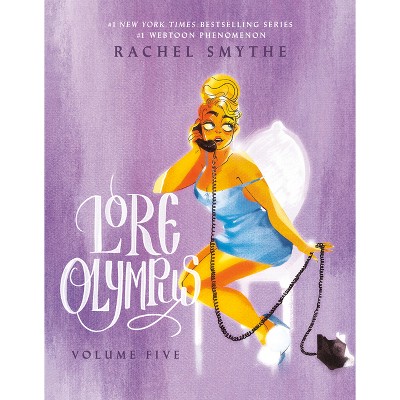
$12.90 - $15.39
MSRP $21.00 - $27.99
4.9 out of 5 stars with 26 ratings

